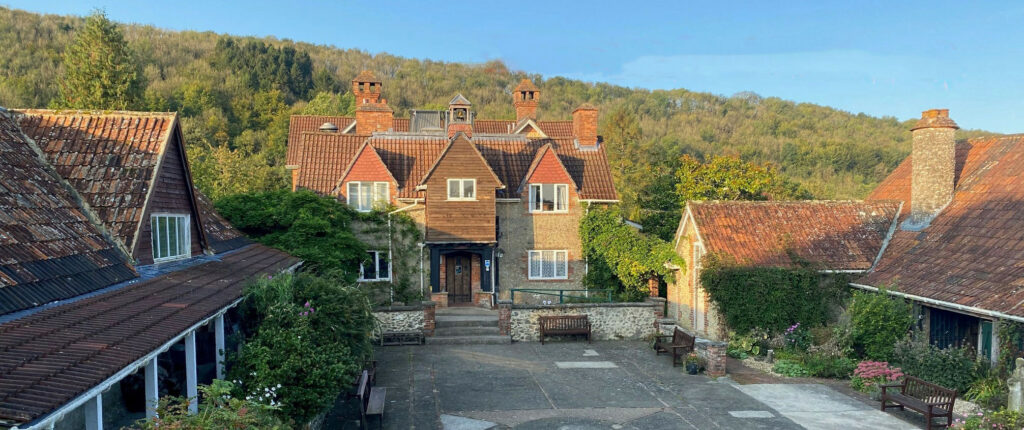These days, it’s easy to be worried, but it takes some skill and conscious choice to stay positive. That’s what this blog hopes to help with… Your top worry may be personal, national or global: in one sense, it’s all the same problem, the shift from an era of relative stability to one of ongoing uncertainty.
One of the skills we need for this new era is adaptation: learning to live well with challenges we didn’t choose, and finding the emotional support and sense of perspective to help us to do this. These are skills a lot of people are using in response to climate change, but they’re relevant for many of the issues we face. You can find more about Deep Adaptation and other resources to help with this on this website.
We have to accept that the outlook on various fronts is gloomy, and we need to face this with clarity in order to find new faith and hope: diving into denial or escapism won’t make the problems go away. So another new skill we need is finding hope, even in worrying times. A book that has helped me with this is Active Hope, by Joanna Macy and Chris Johnstone. They urge us to “identify what we hope for… and take steps to move ourselves or our situation in that direction”.

An important feature of Active Hope is that we take steps without being attached to the outcome. We can all see that life is getting more turbulent, and we can’t control much of it. Relaxing our need for control and stability is part of the skill of adaptation. Active Hope urges us to keep feeling gratitude for all the many blessings in our life, as an antidote to the anxiety we can easily feel.
One reason why clarity is important these days is that we all have to live with so much uncertainty. This is partly because so many aspects of life are changeable, but also because it has become so hard to know what the realities of the situation are. Fake news and social media mean that we’re deluged with alarming ideas that pretend to be facts. The Quakers set great store by the skill of discernment, and we definitely all need it now.
Finding faith amid the turbulence
In recent years there have been many research studies on the factors that help people to be more resilient and adaptable. These show that people with a faith framework or spiritual practice are on average more cheerful, and recover better from setbacks of all kinds. I’m aware that this can be a delicate and personal topic for many people, but I’d like to offer some suggestions on how faith can help us, and how to explore this.
The examples I’m offering are from the Christian path, since that’s the one I have been exploring for myself. However, faith can just as easily be deepened through many other spiritual traditions, or on a personal path that avoids labels.
For me, the essence of faith is trusting in a power that can’t be measured or understood logically. To be honest, if I didn’t have faith that there was some power greater than human greed, I’d despair. I believe human love is more powerful than greed, and divine love and wisdom is more powerful still. Although it’s often hard, I keep faith that there is some higher purpose even in suffering, and that we can reach out in prayer and ask for help for ourselves and others.
Whilst faith is largely an individual path, I find that sometimes sharing it in a group is very supportive, especially singing together. I’m a regular at a weekly group that sings chants from the monastery of Taizé. Here’s an example of a Taizé chant:
Our darkness is never darkness in your sight,
The deepest night is clear as the daylight.
Another of my favourites is Nada te Turbe, a prayer in Spanish by St Theresa of Avila. It translates as Let nothing disturb you, let nothing frighten you, who holds fast to God lacks nothing. A prayer for our times, from the 16th century!
It’s only recently that I’ve discovered contemplative prayer, an approach to Christian faith that has ancient roots and is seeing a revival of interest in modern times. The teacher I’ve found most helpful in this area is Cynthia Bourgeault; you can find some good material online, or in her audio and print books such as The Wisdom Way of Knowing.
One of the aspects I like about contemplative prayer is that its methods fit not only with Christianity, but also with mindfulness, Buddhism and other meditative paths. As we navigate our way into the uncertainties of 2023, I hope that you find all the faith, hope and clarity you need to stay positive and adapt well.
You can also find useful resources and info on other events at Alan’s website www.soulresilience.net.
